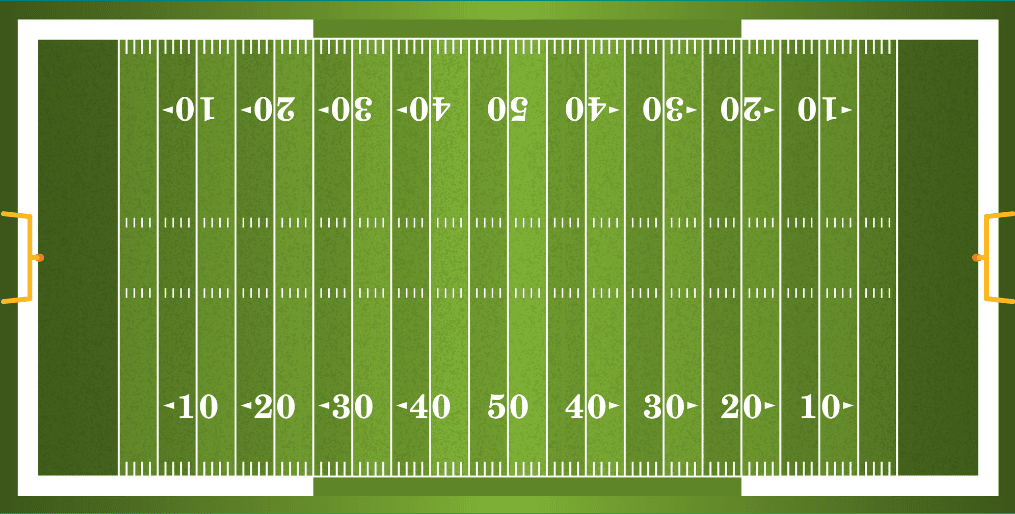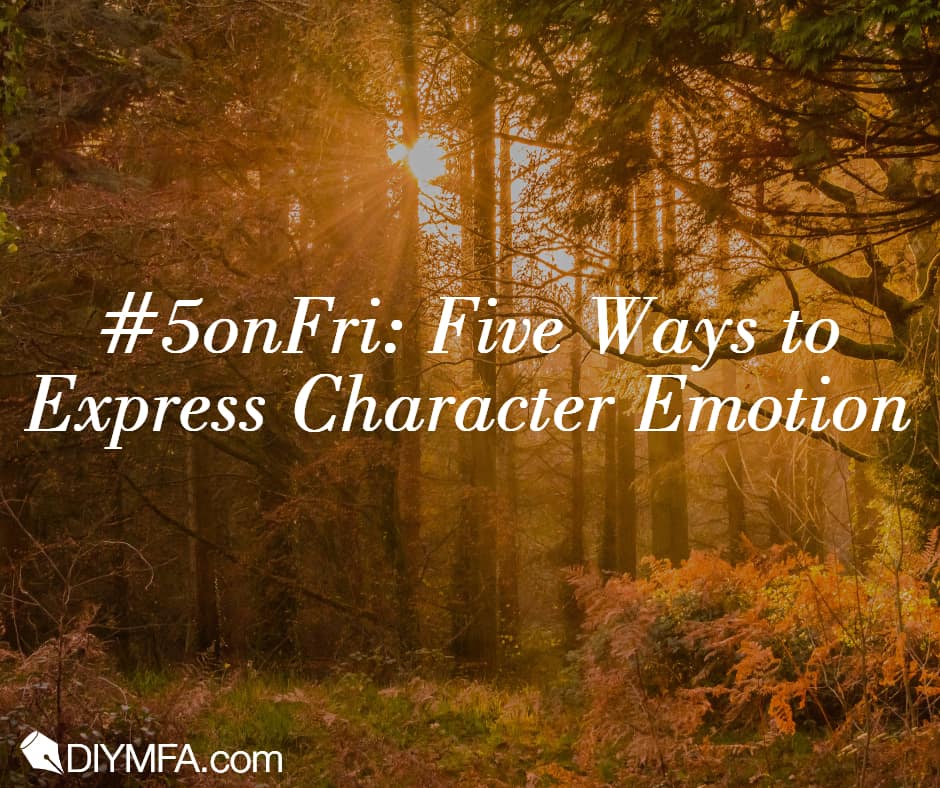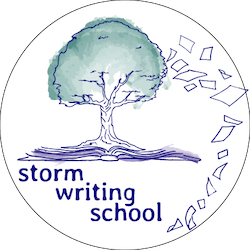Theme Is Not Optional

Some people are wary of crafting or discussing theme, but theme exists in all (good) stories. Here, we examine what theme is, how a story employs it, the effect on readers, and how writers can be intentional about theme.
Readers to Help You Write Your Book

Every great writer relies on great readers. Who should you enlist to read your work as it’s in development? Lovers, critics, alphas, betas, pros, and more.
How to Create Compelling Story Action

Action is important for stories, but not all action moves characters. Here, we discuss three requirements for action in your stories using a questionable football analogy.
To Filter or Not to Filter

What is filtering, what’s the rationale for avoiding it, and in what situations might you want to stick with it?
The Key to Epiphanies, Realizations, and Moments of Clarity

Writing epiphanies and realizations can be difficult; how can you make them feel earned and not contrived? Here, we examine the keys to successful realizations in storytelling.
How to Use Objects to Create More Powerful Stories

Objects are crucial to a story’s being unique and affecting. Here, we look at 5 ways to use objects to tighten up your story and make it more powerful.
Writing Character Emotion

Robert Olen Butler describes 5 ways the people express emotions. Writers can use these expressions to help build better character interiority. Here, his 5 expressions and an accompanying journal exercise.
Subjective Conflict

The idea behind subjective conflict is this: the reader can sometimes experience conflict even when the characters in the story don’t. This week’s article appears at DIYMFA.
How to Maintain Perspective When Encountering Writing Advice

There’s a lot of writing advice out there. It is not difficult to find. It is also not difficult to feel overwhelmed by it all and, consequently, a bit inadequate as a writer. You do not need to follow all of it. In fact, if you can differentiate between descriptive and prescriptive advice, you’ll be on your way to cutting through the glut.
The Pitfalls of Emotional Body Language in Your Writing

Physical expressions of emotion can be problematic, even though they’re justified by the “Show, don’t tell” mandate. But there are often better, more artful ways to give us insights into the interiority of your POV characters.
